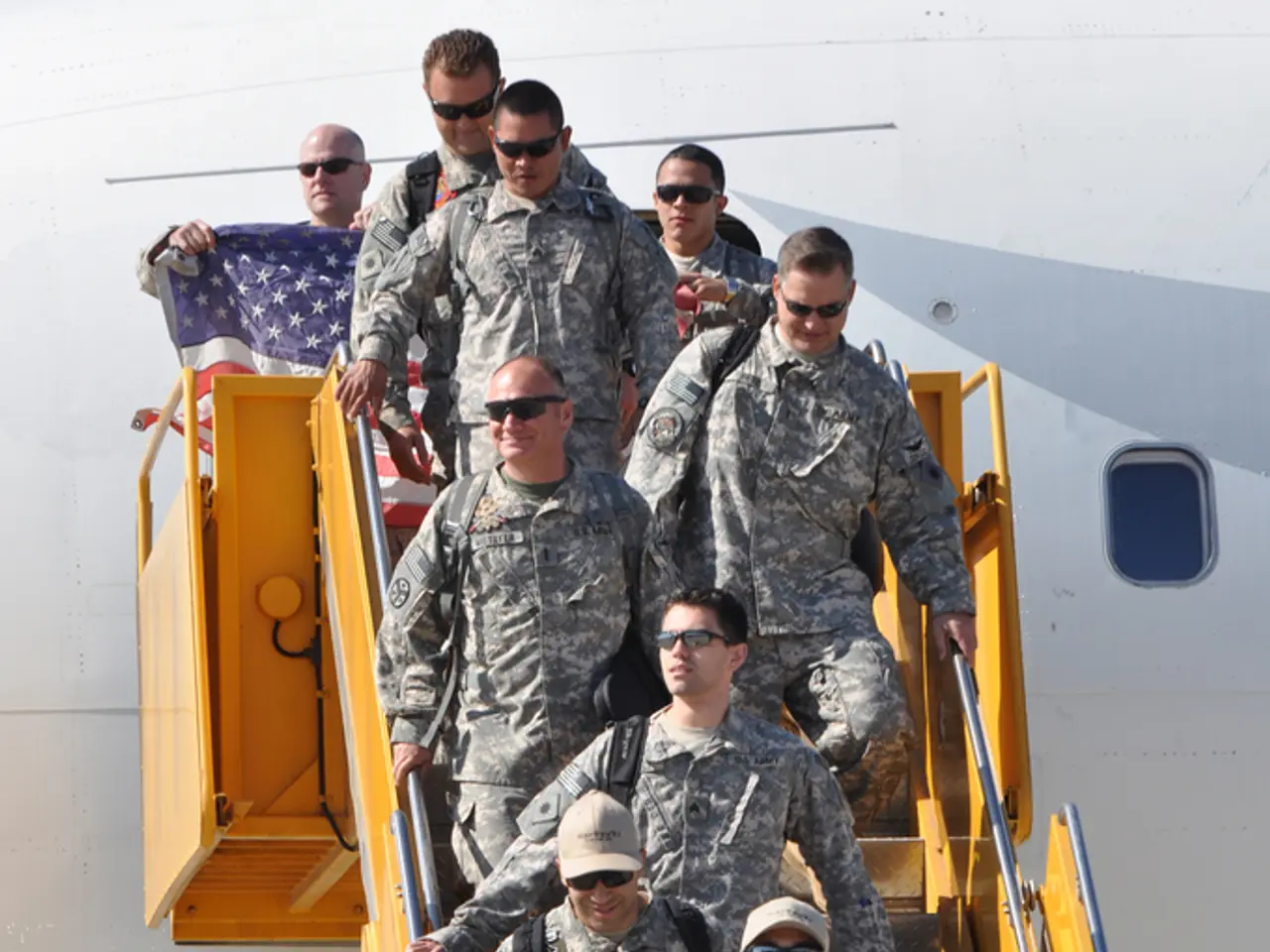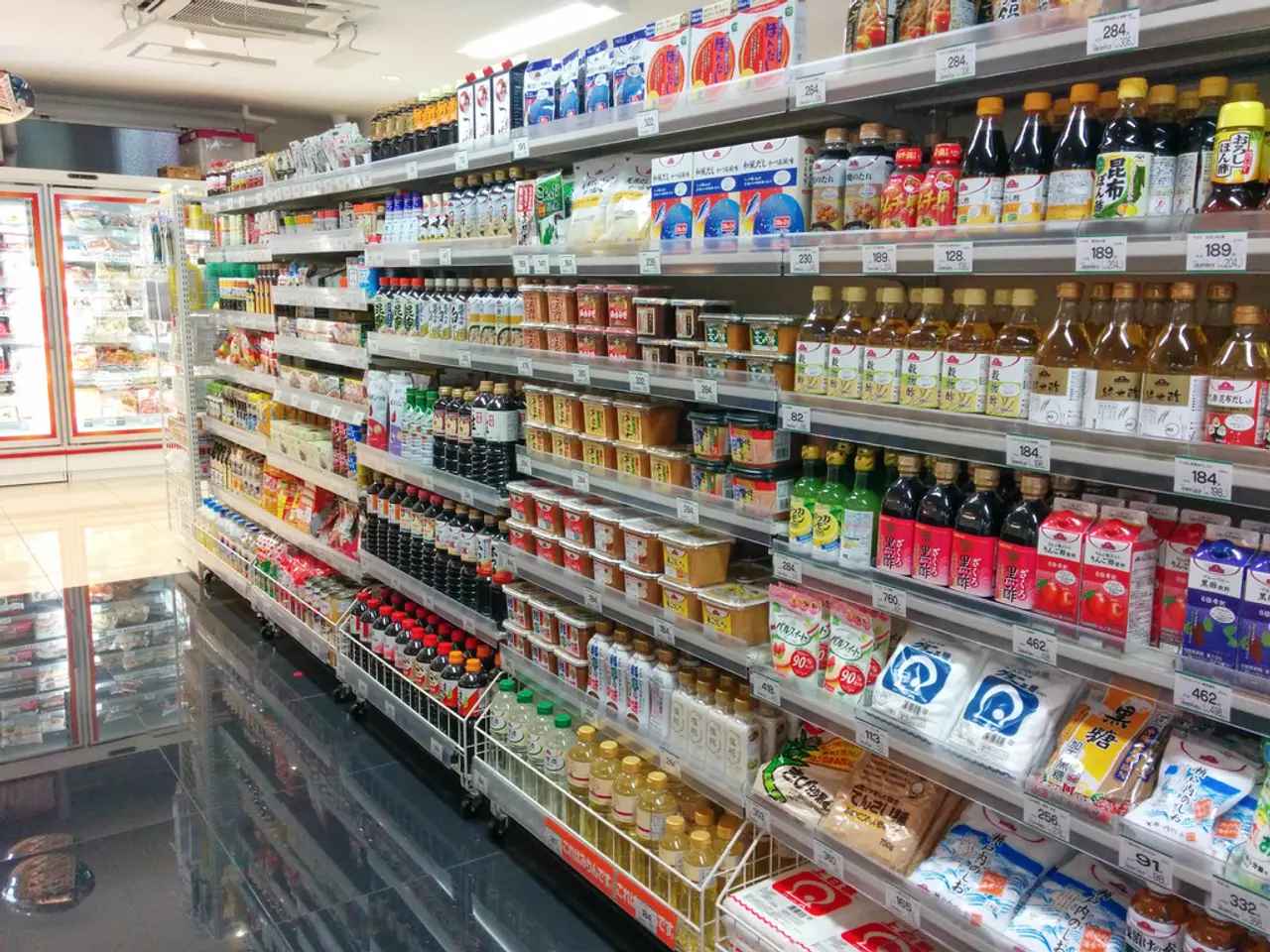EUROCONTROL, in simpler terms, is an international agency that oversees European air traffic management. It aims to ensure flight safety, efficiency, and punctuality across the continent.
Eurocontrol, the European Organization for the Safety of Air Navigation, has been at the forefront of promoting environmentally friendly air traffic management practices since its establishment in 1960. With a membership of 41 member states, including all European Union (EU) countries and several non-EU countries, Eurocontrol plays a critical role in ensuring the success and sustainability of Europe's air navigation network.
The organisation's primary focus is to develop and implement a common European air traffic management system, coordinating the activities of national air traffic control organisations. This coordination is essential for ensuring the continued growth of the European aviation industry, as well as reducing delays and increasing the overall capacity of the system.
One of Eurocontrol's key objectives is to reduce the environmental impact of air navigation. In this regard, the organisation has taken multiple initiatives to promote sustainability, climate resilience, and advance green aviation technologies.
A significant initiative is the FlyingGreen platform, Eurocontrol's flagship sustainability service. Developed with over 100 stakeholders, FlyingGreen offers tools and resources that enable states, air navigation service providers, airports, and other aviation actors to implement greener practices and measure environmental impacts. This platform supports improved flight efficiency and the use of Sustainable Aviation Fuels (SAF) and hydrogen technologies.
Eurocontrol also partners with the European Union Aviation Safety Agency (EASA) to drive the implementation of joint sustainability programs, develop environmental impact assessments and modelling tools, support environmental policy, and facilitate the integration of new aviation entrants into European airspace. This collaboration advances civil-military cooperation for optimised airspace design and performance.
Aligning with EU initiatives such as the ReFuelEU Aviation Regulation, Eurocontrol supports the mandate for increasing SAF blends starting at 2% in 2025, promotes infrastructure development, and encourages airports to adopt clean energy and aim for net-zero emissions by 2030 or earlier.
In addition to operational improvement and policy support, Eurocontrol is also actively involved in technology adoption and stakeholder collaboration. The organisation uses its FlyingGreen tools to support aviation climate resilience through initiatives like ClimAdapt and FuellingDecarb, facilitating the transition to SAF and hydrogen and mobilising sustainable finance for the sector.
Eurocontrol's efforts extend beyond Europe, as it works closely with airlines, airports, and other stakeholders to achieve its goals. The organisation provides technical and operational support to its member states and monitors and reports on the performance of the targets and standards it develops and implements.
In summary, Eurocontrol's comprehensive approach—from operational improvement, policy support, technology adoption to stakeholder collaboration—is demonstrating significant progress in reducing aviation’s environmental footprint across Europe’s air navigation network. By focusing on safe, efficient, and environmentally friendly air navigation, Eurocontrol is ensuring the continued success of the European aviation industry while contributing to a greener and more sustainable future.
Aviation professionals within the European Organization for the Safety of Air Navigation, Eurocontrol, are committed to fostering a greener aviation industry by adopting new technologies and aligning with initiatives that promote sustainable finance. By supporting the use of Sustainable Aviation Fuels (SAF) and hydrogen technologies, Eurocontrol is collaborating with stakeholders to reduce the environmental impact of air navigation and contribute to a more sustainable business environment within the aviation industry.




